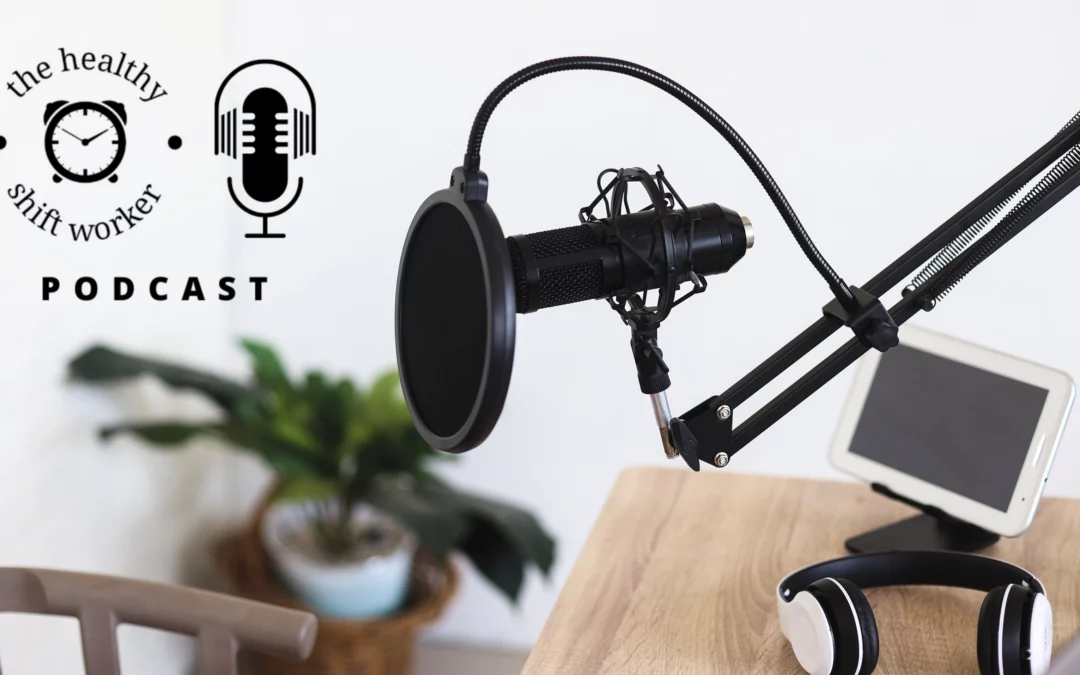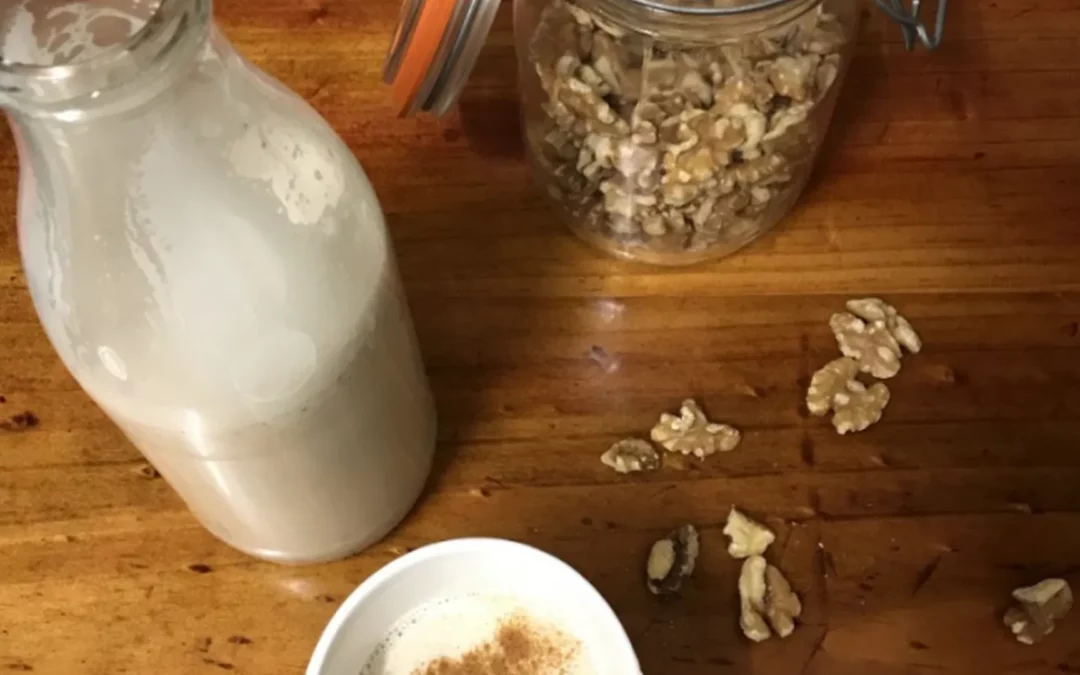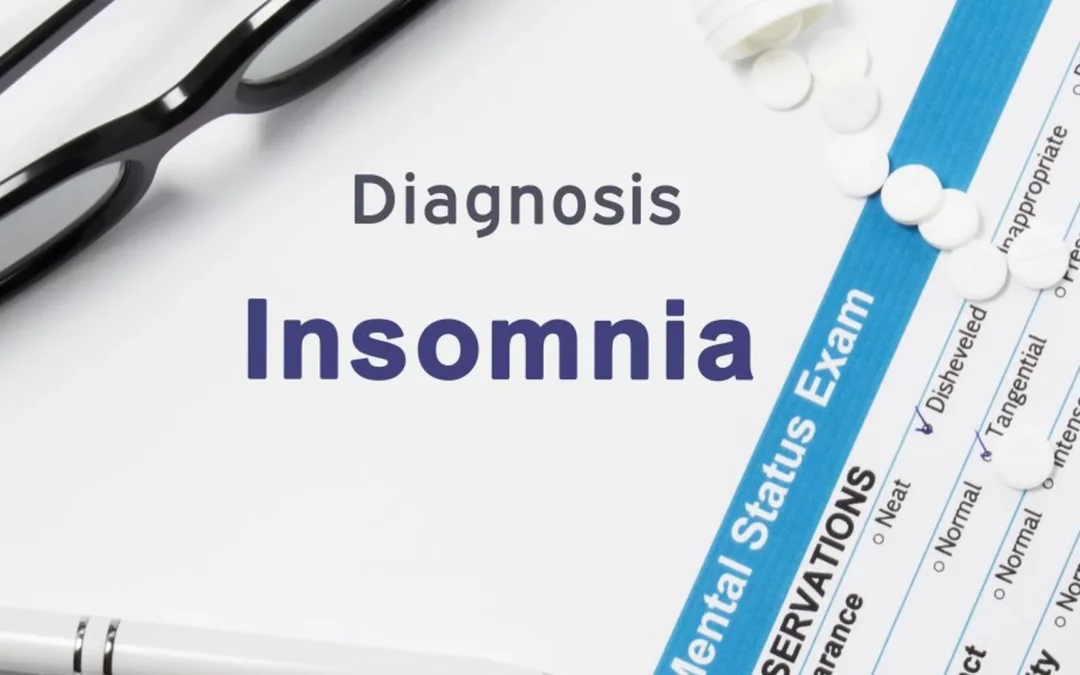
by Audra Starkey | Aug 29, 2019 | HSW, Podcast, Sleep
When it comes to our health, there are many pillars, but none is more important than sleep – especially if you work 24/7! So in today’s podcast, we’re talking with Dr Carmel Harrington who holds a PhD in Sleep Medicine from Sydney University, along with yoga...

by Audra Starkey | Oct 3, 2018 | Nutrition, Recipes, Sleep
As shift workers, falling asleep and staying asleep can be one of our biggest challenges when working 24/7. In fact ironically, we can find ourselves in a state where we’re actually too exhausted to sleep – a cruel scenario given all we want to do is...

by Audra Starkey | Jan 10, 2018 | De-stress, HSW, Podcast
Healthy Shift Worker Podcast: Over the past 2 years or so of recording podcast episodes, I’ve occasionally mentioned the words ‘sympathetic dominance’, as it’s a condition that I quite often see in many of my patients who work 24/7, in particular those who struggle to...

by Audra Starkey | Dec 8, 2017 | Nutrition, Sleep
“Pathological testing? Is it really necessary if I experience insomnia?” This is a question that I often get asked by my patients who are having trouble falling asleep and/or experiencing ongoing, intermittent awakenings. However pathological testing, in...

by Audra Starkey | Nov 22, 2017 | HSW, Nutrition, Podcast, Sleep
Healthy Shift Worker Podcast: Both sleep and nutrition are two of the biggest challenges for anyone working 24/7 so this week we chat with one of Australasia’s leading nutritional biochemists, Dr Libby Weaver on this important but often neglected topic – that being...





